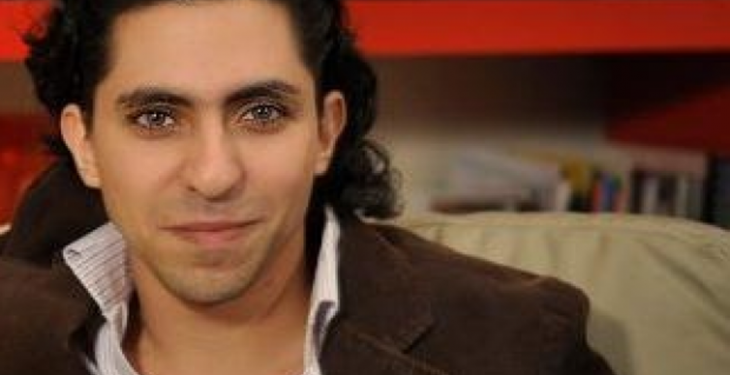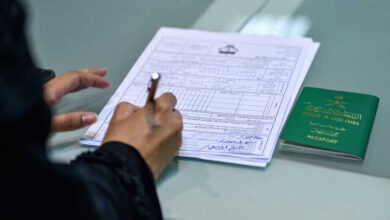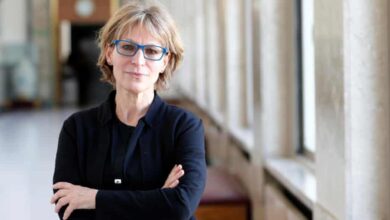Arbitrary trial of prisoner of conscience for his hunger strike

The family of a prisoner of conscience in the prisons of the Saudi regime revealed that he was referred by the authorities to an arbitrary trial for his hunger strike in protest of mistreatment.
Insaf Haidar, the wife of the prisoner of conscience, Raef Badawi, said that the Al-Saud authorities referred her husband to trial because of his hunger strike, in protest against the ongoing mistreatment by the prison administration and not being allowed to contact us.
According to the account Prisoners of Conscience, which is concerned with following up the cases of detainees in the Kingdom, Badawi Raif has kidney disease and they have been detained since 2012.
Blogger Raif Badawi, who is 35 years old, was a co-founder of the Liberal Network, a forum that advocates discussing ideas freely and defending the rights of women and minorities.
Badawi has been in prison in the Kingdom since 2012 on charges of insulting Islam. In the spring of 2014, the Saudi judiciary issued a verdict against him for ten years of imprisonment, a fine of one million Saudi riyals and a thousand lashes distributed over 20 weeks, of which he received 50 lashes, and this matter provoked international reactions, as several parties called on the Saudi authorities to suspend the rest of the lashes.
Raif Badawi Insaf Haider’s wife and three children have lived in Canada since the Canadian authorities granted them asylum in 2013, a year after his arrest.
In 2015, the European Parliament awarded the Sakharov Prize for Freedom of Thought to Raif Badawi, in recognition of his positions in the field of freedom of expression and human rights.
On January 13, Amnesty International simulated the “imprisonment” of a number of parliamentarians and other Belgian civil society figures in cages in front of the Kingdom’s embassy in Brussels as part of a protest movement to denounce the continued detention of Badawi.
The initiative coincided at the time with the fifth anniversary of the first session, during which Raif Badawi presented the first batch of flogging judgments he issued against the judiciary in the Kingdom.
Amnesty International said that the following sessions had not yet taken place “first for medical reasons and for reasons yet to be revealed.”
Philip Hensman of Amnesty International and Yvonne Englert, Dean of the Free University of Brussels, as well as deputies Malek Ben Ashour, Samuel Kogulati, George Dalmani, Sophie Rohonyi and others participated in the initiative.
Philip Hensmann, director of Amnesty International in Belgium, noted that Badawi is a dramatic example for those who express an opinion that offends the Saudi authorities.
Hinsman called on Riyadh to rescind the judgments handed down to Badawi and to release him and all detainees who exercised their right to freedom of expression.
The Saudi regime faces harsh criticism for its black record of human rights violations, including the arrest of critics and restrictions on women, and the brutal killing of journalist Jamal Khashoggi in the kingdom’s consulate in Istanbul in early October 2018.





